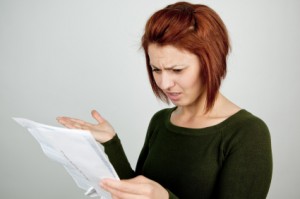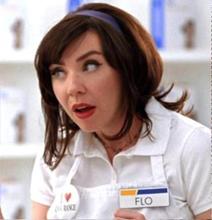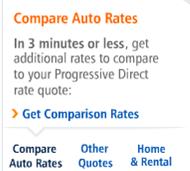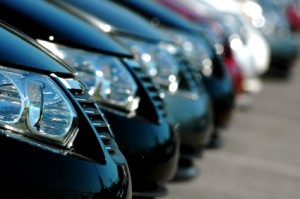Bad Credit Car Insurance
How your credit score will affect your auto insurance rates – and what you can do about it.
Is there such a thing as bad credit car insurance? In a manner of speaking, anyone who has auto insurance with sub-par credit has it – and you probably know it. Bad credit raises your insurance premiums, as does no credit. Like it or now, credit scores are a determining factor for most new auto insurance policies.
Credit Scores Affect Your Auto Insurance Rates
Auto insurance companies rate risk in a “black box” manner. In other words, it’s very difficult to find out exactly why insurers charge the premium you owe. There could be 1,000 factors that determine how AAA rates you as a driver. Your insurance agent probably doesn’t even know all the rating factors and their weighting.
But one thing is certain – in many states, credit score is now a determining factor on how much you’ll pay for auto insurance. If you have an identical driving record with someone who has better credit, they’ll probably pay less to insure the same vehicle. You could even be denied coverage with bad credit.
Credit scores may affect your rates when you sign up for a new policy, but credit may diminish in importance after time passes. A few years ago, State Farm used credit scores when signing up new drivers, but not at renewals. Even then, credit factors were still less important than your driving record.
Reasons Why Insurers Review Your Credit History
Keep in mind, insurers are in the business of being profitable, not giving away all the premiums. Actuaries (those responsible for determining risk) have discovered drivers with bad credit or no credit are more likely to file a claim. That’s why they usually pay more. Kimberley Lankford at Kiplinger’s writes:
Insurers have found a strong correlation between credit scores and insurance claims. People with low scores are more likely than people with high scores to file claims. And when insurers looked more closely, they discovered that people who made late payments were the ones who tended to have more claims. They didn’t find as strong a correlation with other factors, such as taking on too much new credit, which lenders care about because they worry that you won’t be able to keep up with your payments.
Shopping Around With Bad Credit
If you have bad credit and you need car insurance, you ‘gotta bite the bullet’ and get some coverage. Yes, you’ll probably pay more for it now. But, the cost will be negligible if you get into a claim situation – especially when you’re at fault.
We recommend getting several quotes from major insurers. You can always call a few companies to get prices. To make it easier, you can also use our Online Quote Aggregator to get a few quotes fast
Get Auto Insurance Quotes With Credit Issues
Dealing With Bad Credit And Car Insurance
If you’re denied coverage for credit reasons, you still have options. According to the Fair Credit Reporting Act the insurance company must provide the name and address of the reporting agency. Write the agency for a free copy of your credit report.
If you’re already insured, you should address your credit issues for the next time you shop. Order a credit report from one of the major reporting agencies. Address any outstanding issues on the report, pay all your bills on time, and manage your expenses. If you don’t have credit, a bank debit card might be able to help you establish credit – ask your banker or financial advisor.
Any thoughts on bad credit car insurance? Feel free to leave a comment.






